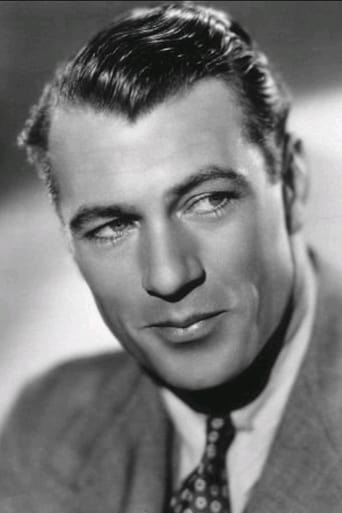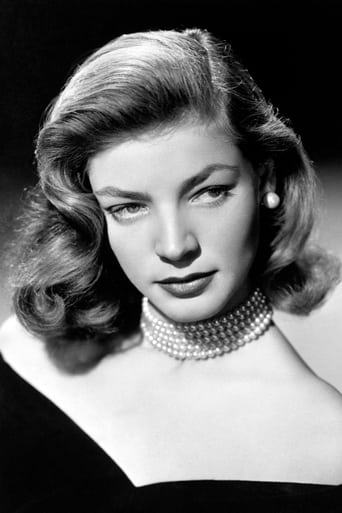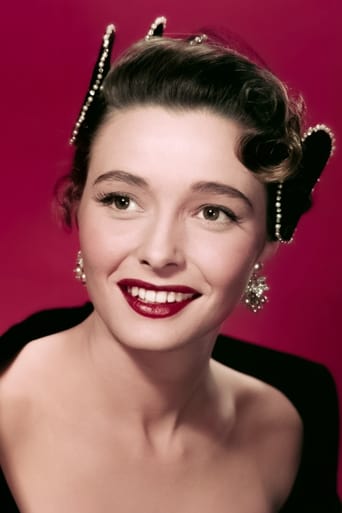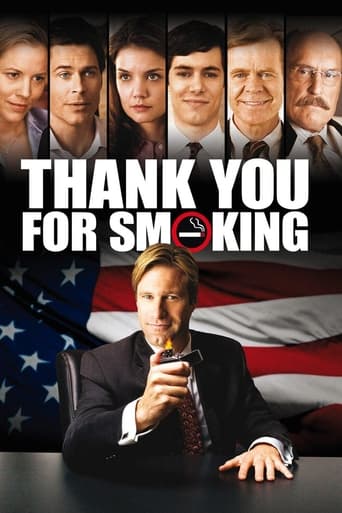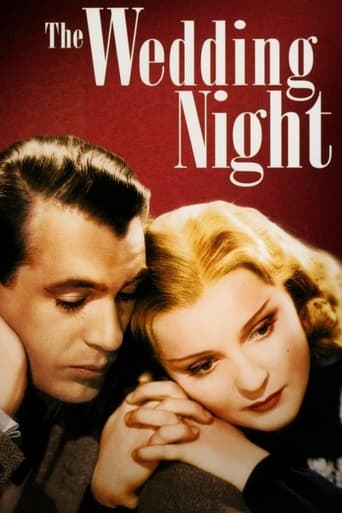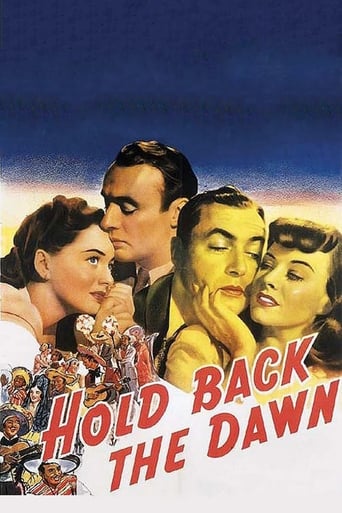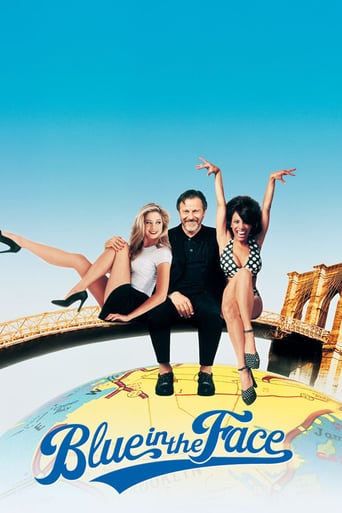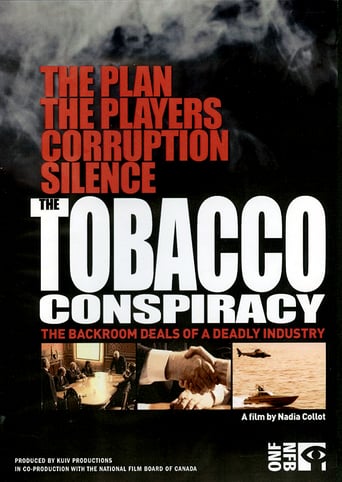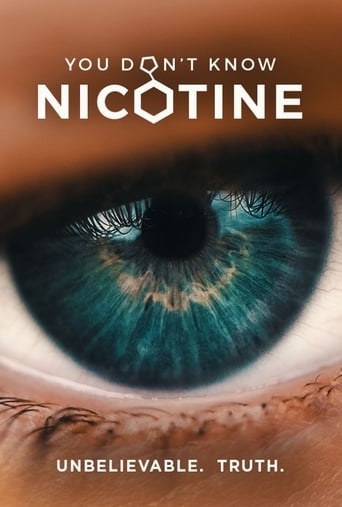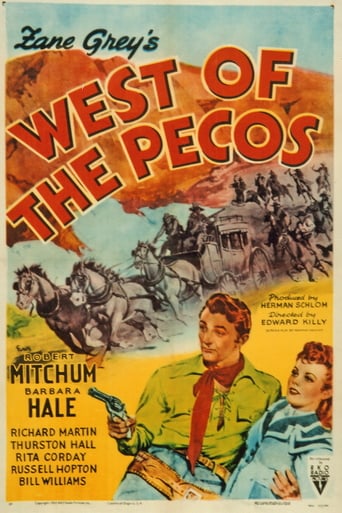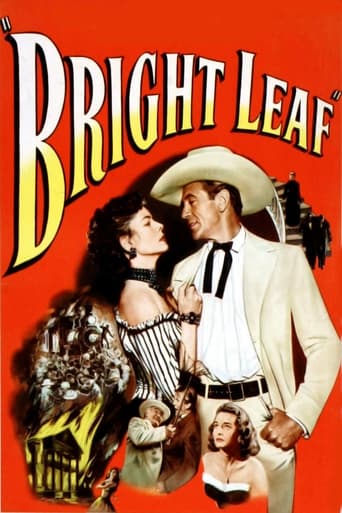
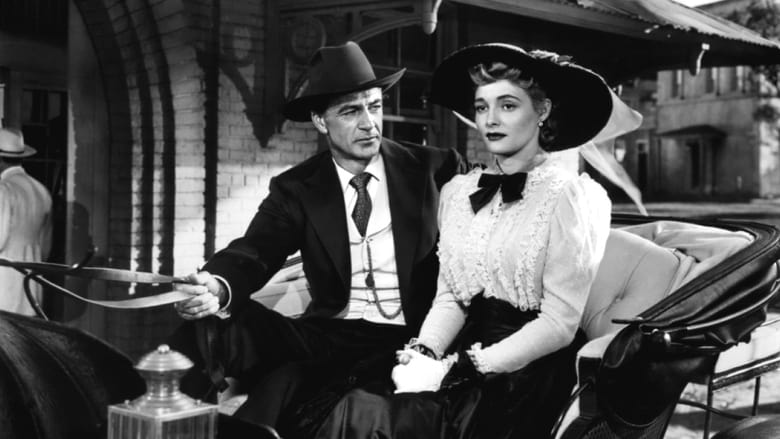
Bright Leaf (1950)
Two tobacco growers battle for control of the cigarette market.
Watch Trailer
Cast
Similar titles
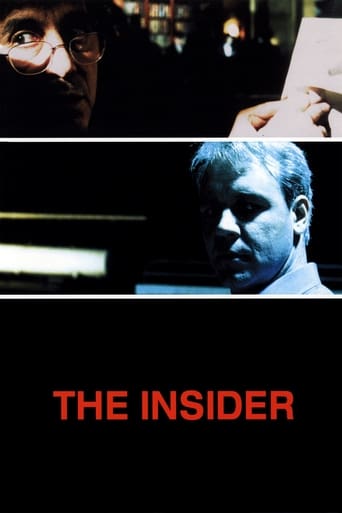
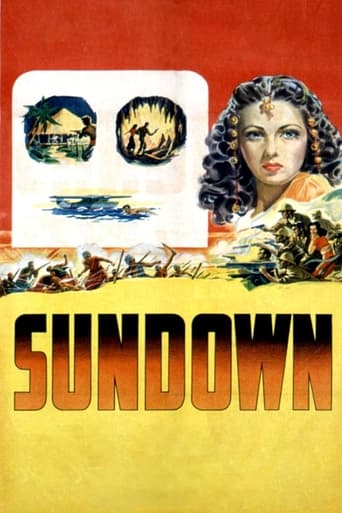
Reviews
I love this movie so much
The film makes a home in your brain and the only cure is to see it again.
It's a movie as timely as it is provocative and amazingly, for much of its running time, it is weirdly funny.
It's simply great fun, a winsome film and an occasionally over-the-top luxury fantasy that never flags.
Southern melodrama that has Gary Cooper seeking revenge on tobacco plantation owner Donald Crisp, who ran his family out of town years before. Tawdry stuff with ample amounts of unintended comedy, mostly from the poor Southern accents. Last film from great cinematographer Karl Freund. After this he would work strictly in television for the rest of his career. It's a good looking movie, if nothing else. Also the last movie on Lauren Bacall's contract with Warner Bros., where she had been since her debut. She's the best part of this. Coop is fine, I guess. Patricia Neal, an actress I've never fully gotten the appeal of, is awful here. Bacall out and Neal in surely was a sign of the times at Warner Bros. and pretty much the industry as a whole. The movie stars they were making from this point on just weren't as glamorous as before. Not a lot of likable characters in this one. Aside from Bacall, there's Jack Carson. Everybody else is a villain or villain-approximate.
In 1894, Brant Royle (Gary Cooper) shocks the aristocratic tobacco growers of Kingsmont by planning to mass-produce cigarettes.I found the comments from the old woman that "everybody's doing it" and that smoking is "very fashionable" rather humorous. I feel that in 1950, this sort of sentiment could be taken seriously rather than as the anti-smoking rhetoric it became later.Overall, the film did not hold my interest. This was more my fault than the fault of the film, because there is nothing bad about Michael Curtiz's directing or Gary Cooper's acting. Perhaps someday I shall give it another try. I was hoping to see some ground-breaking cinematography from Karl Freund, but that simply did not happen.
Surprised I am that some reviewers here really liked this overwrought melodrama about the tobacco industry and one man's rise to power because he has the vision to see how cigarettes could come from machines.Gary Cooper has the most unsympathetic role of his career as a stormy man caught between conflicted love with two women--Patricia Neal, headstrong and rich, and Lauren Bacall, the madam of a brothel. There's a suggestion of GWTW in these characters, but too much of the dialog resorts to confrontational moments that are never resolved.Most of the hatred comes from Patricia Neal's dad, Donald Crisp, who from the very start of the film wishes Gary Cooper would drop dead. It takes up too much of the film with the love/hate relationships between Cooper, Neal and Bacall getting the most footage.But in the end, with these unsympathetic characters chewing up the scenery with all their vitriol, the overall feeling is a waste of time. None of the relationships evolve smoothly, not even at the conclusion.Summing up: No wonder the film is so little known today. The saving grace is an interesting score by Victor Young.
Powerful tobacco king Donald Crisp is angered when Gary Cooper, the son of a man whose property Crisp took away from him, returns to his home town after a seven year absence, more prosperous, but like "Wuthering Height's" Heathcliff, determined to even the score. It happens that Crisp's beautiful daughter, Patricia Neal, once had her eye on Cooper, but the ruthless father made his displeasure clear by destroying any chance they had of being together by running Cooper out of town. Now back to settle his late uncle's estate, Cooper becomes involved in a plan to mass-market cigarettes with the help of the man who invented the cigarette rolling machine. Town madame Lauren Bacall loans Cooper the money to patent the machine, and before you can say, "Do you have a light?", Cooper has totally taken over the tobacco market, virtually wiping Crisp out, and driving the man to a desperate act of revenge.When first seen, Cooper is a determined man, not totally consumed with revenge, but as he gets more power, he becomes just as bad (possibly even worse) than Crisp ever was. He uses the two women in his life, particularly Bacall, whose obvious whorehouse is disguised as a boarding house occupied by her large amount of cousins. Neal and Bacall sadly do not share any scenes, but after being in the background for a quarter of the earlier part of the film, suddenly emerge in strong character studies. Neal, in particular, has a particularly triumphant juicy moment that reveals everything we know has been building up inside this spoiled beauty. Like "The Furies", Neal defies her powerful father, but the father/daughter relationship is obviously stronger than any love match could be. Fortunately, unlike "The Furies'" Wendell Corey, "Bright Leaf" (which is actually the name of the plantation that Cooper ends up in control of), Cooper is a stronger and more magnetic actor. With the real-life love affair between Cooper and Neal going on during this and the magnificent "The Fountainhead", they show more on-screen sparks than Richard Burton and Elizabeth Taylor had in most of their films.The one sour note in this film is the presence of Jack Carson as the medicine man who ends up being Cooper's partner. He really seems to have no reason for being here other than to give box-office name to a film, that with Cooper, Neal, and Bacall really didn't need it. Donald Crisp, who played a wealthy steel mill owner of a sympathetic nature in "The Valley of Decision" just five years before this, gets to add some delicious ruthlessness. In comparing Crisp and Neal's relationship to "The Furies'" Walter Huston and Barbara Stanwyck, you will notice some similarities as I mentioned. Then, in smaller roles, are Elizabeth Patterson and Gladys George as Neal and Bacall's confidantes. They do respectable work as usual. This is modern Greek tragedy at its finest, and a rare chance to see Cooper playing a very unsympathetic character. The ending is very satisfactory, both a typical Hollywood finale and a moral lesson as well.
